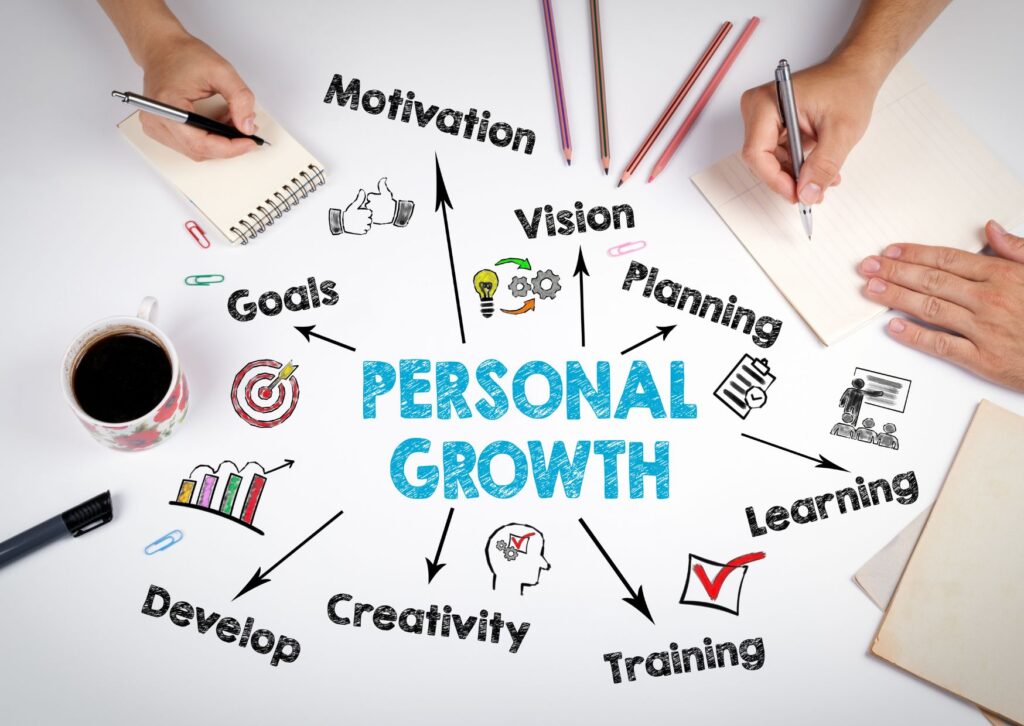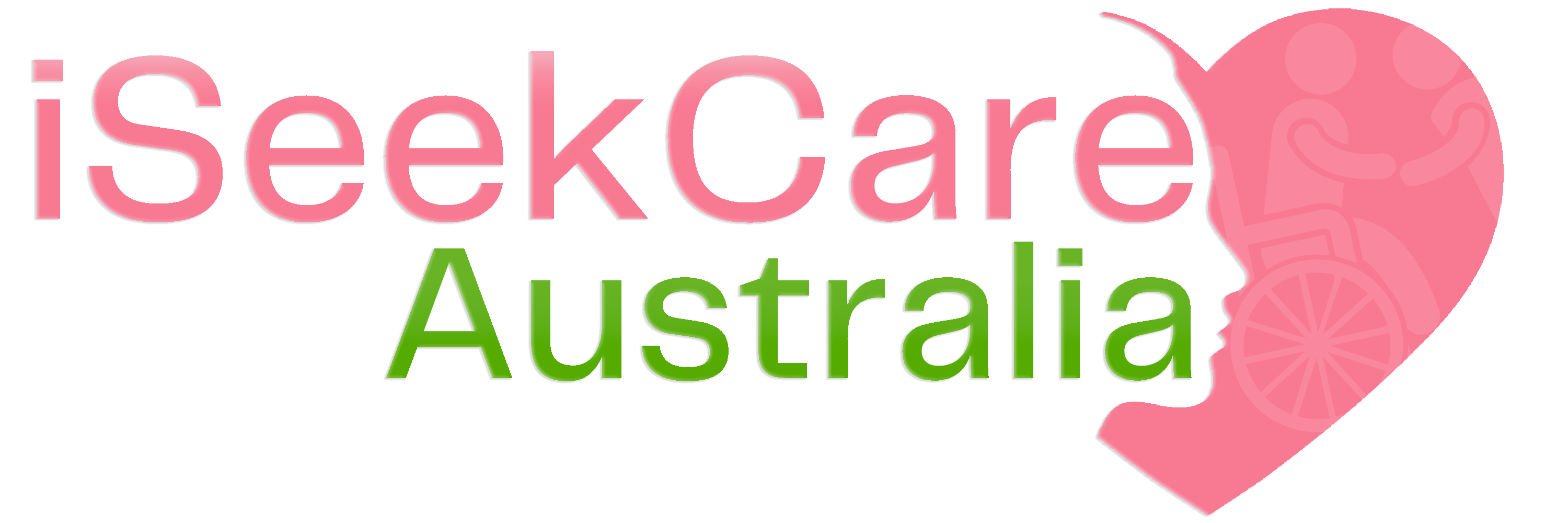Self-Discovery Through Service: Unveiling Personal Growth in the World of Disability Care
Being of service to others is one of the most rewarding experiences one can have. It not only helps the person receiving the service but also the person doing the service. In the world of disability care, there is ample opportunity to be of service and reap personal growth in the process. Similarly, disability care gives people who have disabilities the chance to live their lives to the fullest. It is an immensely rewarding field that empowers both the care recipients and the caregivers. In this blog post, we explore how being of service in disability care can lead to personal growth and self-discovery.

1. Building Empathy and Compassion through Disability Care:
When you engage in disability care, you immerse yourself in the lives of the care recipients. Likewise, you learn to understand their daily struggles and triumphs. You develop empathy for them and their situation. This empathy leads to compassion and a desire to make their lives better. Similarly, you start to see the world from their perspective and become more sensitive to their needs. Empathy and compassion are essential traits in any personal or professional relationship.Also, engaging helps you cultivate and grow these traits.
2. Strengthening Personal Skills through Disability Care:
Disability care requires a range of soft skills such as patience, communication, and active listening. Furthermore, it also requires a range of technical skills such as medication management, feeding, and toileting. As you engage, you strengthen and develop these skills. You also learn to work as part of a team to create a better quality of life for the care recipient. Similarly, these skills are transferable to many areas of life, such as personal relationships and professional development.
3. Fostering Resilience and Growth Mindset:
Disability care involves addressing challenging and complex issues. It can be physically and emotionally demanding work. Also, engaging in this work helps build resilience and a growth mindset. You learn to persevere in the face of adversity and to focus on solutions rather than problems. Similarly, you develop the ability to bounce back from setbacks and to learn from failure. These traits are essential in all areas of life and can help you grow personally and professionally.
4. Enhancing Self-Awareness and Self-Discovery:
Engaging in disability care can also lead to self-awareness and self-discovery. You learn about your strengths and weaknesses, your biases, and your values. Furthermore, you learn how to manage your emotions and communicate effectively with others. You also learn how to adapt to difficult situations and find creative solutions. Lastly, it challenges you to grow as a person and can help you uncover hidden talents and abilities.
5. Outlook and Attitude through Disability Care:
Perhaps the most significant benefit of engaging in disability care is the impact it has on your outlook and attitude towards life. It helps you develop a greater appreciation for life, a more positive outlook, and a sense of purpose. Also, you begin to see the world from a different perspective and to appreciate the simple joys of life. It reminds you that life is not just about the destination but also the journey. Similarly, it enriches your life and helps you become a more fulfilled human being.
Conclusion:
In conclusion, disability care is a field that offers tremendous potential for personal growth and self-discovery. It helps develop empathy and compassion, strengthens personal skills, fosters resilience and growth mindset, enhances self-awareness and self-discovery, and improves outlook and attitude. Furthermore, it challenges you to be your best self and helps you discover talents and abilities you never knew you had. Lastly, it is a professionally fulfilling and personally gratifying pursuit that enriches the lives of both caregivers and care recipients.



